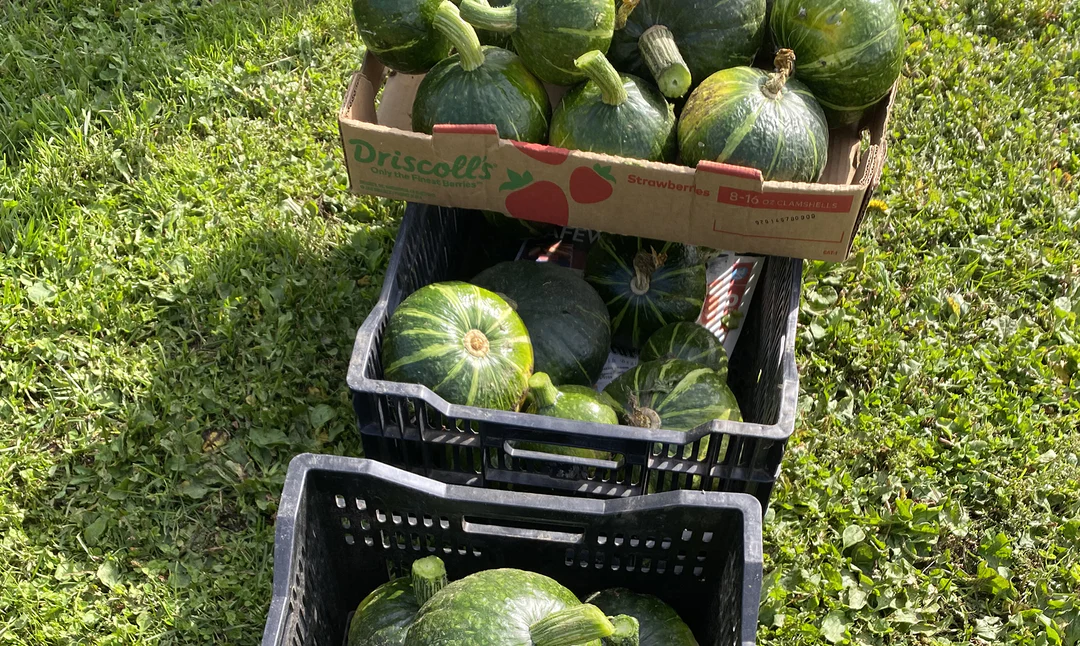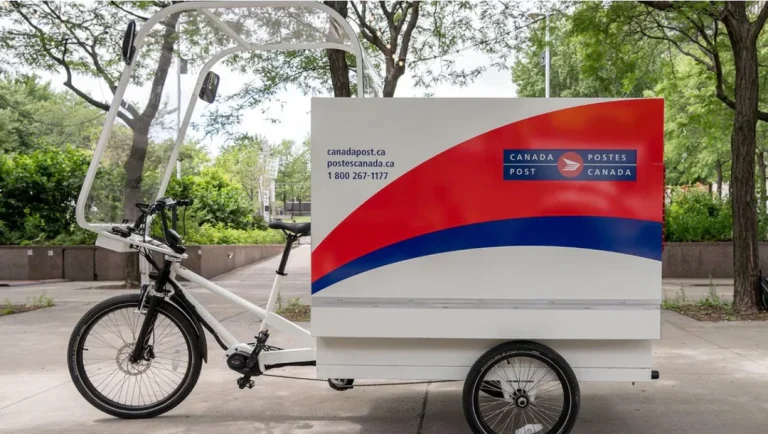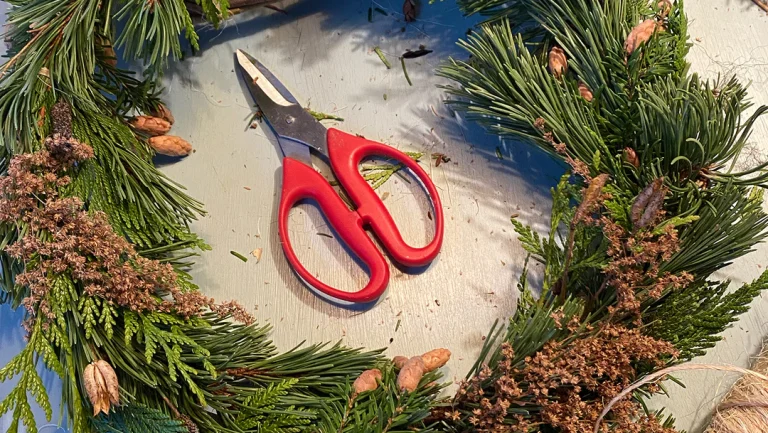I’ll admit that I read about Maine’s Food Sovereignty Act well over a year ago. The implications of this act did not fully register in my brain until I started helping my family produce food here on our family farm. I took access to food for granted.
When I was a kid growing up, my Dad always kept a few milk cows. In those days we consumed unpasteurized raw milk from those cows. We sold the excess to neighbours in big glass gallon jars. Those jars were recycled, washed in our kitchen and filled again. My Mom separated the cream from the milk, made butter and cheese and sold that too. In the 13 years my Dad had milk cows on our hobby farm, there was not a single case of illness. My Dad was careful to wash the cow’s udder before milking. Milk pails were cleaned and milk poured through a cloth strainer in case any debris fell in on route from the barn. The biggest concern with raw milk is TB (Tuberculosis) so my Dad had the cows tested, at his own expense, for TB every year to ensure our raw milk was safe. Regardless, it’s illegal to sell raw milk now.
Food safety policy is sound in theory. No one wants to get sick from food or die from it for that matter. But if you look at the history of milk production, or meat processing, food contamination only became problematic when production was scaled up. Large numbers of animals kept in close quarters, fed unhealthy diets, coupled with more time needed to transport goods from farms located sometimes hundreds of miles from processing plants increases the potential for contamination. Add in sanitization protocols maintained by shift workers at these large processing plants and it’s no wonder that policy became what it is today. But, judging by the number of food recalls posted on an almost daily basis, it might be time to revisit these rules.
Of course, there is opposition to these new policies arguing in favour of food safety regulations that supposedly ensure consumers do not contract foodborne illnesses. Those not in favour of the Food Sovereignty Act are generally large scale farm operations and food processors. Yet, advocates are quick to point out that when home produced food was legalized in Utah, Wyoming and North Dakota not a single case of food borne illness was reported within the first year. In addition to that, with “Wyoming’s Food Freedom legislation, the number of farmer’s markets statewide grew by nearly 70% in four years.” There was an obvious demand finally being met.
There are a number of reasons why homemade food is safe. First, it is sold directly to the consumer, decreasing the likelihood of contamination because it’s not being transported to a distributor or processed in a plant far away. It’s fresh. Second, small, independent farmers and producers have a relationship with their customers and need the trust of their communities to be successful. They know that they risk losing business if any of their food makes a buyer ill. Finally, these individual producers are still held accountable for the safety of their products. Consumers can take legal action if they get sick. That’s why my Dad tested our cows for TB. He did not want to risk selling milk to our neighbours that wasn’t safe. Neighbours could take legal action against him.
A Food Sovereignty Act here in BC could increase access to food for our community. It could also ensure food remains affordable while reducing waste and transport emissions. Most regions import a significant amount of food simply because individuals cannot access it directly For example, until the bovine BSE crisis happened, farmers in the West Kootenays could slaughter animals and process meat on their own farms and sell it directly to their neighbours. New laws require that all animals be slaughtered, processed and inspected at designated abattoirs. Regulated abattoirs require a significant investment in buildings, equipment and staff to run them. Investment in these facilities is cost prohibitive and as a result there are none located within 100 km of our area inthe West Arm and Slocan Valley. The animals have to be transported alive to be slaughtered and processed to other jurisdictions. This increased costs for small scale farmers. Some have stopped raising animals because they can no longer make a profit. This in turn reduces access to meat and increases the price on grocery store shelves because it has to be imported. Finally, abattoirs were mandated to make food safer but we already know that the larger the operation the more chances there are for our food to get contaminated.
Another example of how a Food Sovereignty Act could increase access to food is allowing baked and canned goods to be made at home again. There were many food producers in our region that baked, canned, froze and dried excess produce from their gardens. This excess was sold at farmers markets, bake sales and festivals around the Kootenays. With new regulations, food must be processed in a commercial kitchen. If you can’t afford to install one yourself you have to rent one. You are also required to obtain special permits to sell it. Not only does this make food more expensive because of the need for specialized equipment and permits but it also discourages local gardeners from producing food at all. Again, this makes expensive imports the only option.
The West Kootenays is not the only region that suffers from food insecurity. It’s a problem across Canada. New Brunswick’s Department of Agriculture recently took a look at how much local food was actually produced in the province. “Excluding potatoes, NB is far from self-sufficient in the production of vegetables 7%, as well as fruit 32%, beef and veal 45%, pork 22% and grains and oilseeds 64%, partly due to climatic limitations on our growing season and partly because of NB’s reliance upon cheaper imports.” Considering that Victory Gardens produced 40% of fresh produce (8 million tons of food) from 20 million gardens in the USA during World War Two, self-sufficient, local food production has declined considerably. Victory Gardens were popular in Canada too. In fact, many of those gardens were located on public city land and in suburbs making the gardens convenient to access and maintain. Today, only about 1.5% of food is grown in gardens at home. Regulations imposed on small scale food growers has significantly reduced food security in communities everywhere.
So, let’s take a closer look at how a Food Sovereignty Act might improve the food access here in our region. We could focus on supporting family farms helping grow more food on smaller acreages. We could redistribute land to young and new farmers and invest in building more public owned infrastructure to process food locally ensuring food does not leave the region. We could assist in local distribution such as encouraging year round farmers markets in more locations. We could eliminate cumbersome regulations and permits allowing neighbours to buy, sell and trade their homemade food without penalty. We could support and learn about Indigenous food ways such as hunting, fishing and foraging. These peoples have been living here for thousands of years and know much more than we do about the local plants and animals. We could create better growing standards by promoting regenerative, permaculture practices and increasing watershed protections. We could focus on growing more mixed crops, including farm animals (allowing backyard chickens for example), while discouraging monocultures and corporate subsidies. This is especially important with concern to current forestry practices that scar the landscape for years and pollute water sources. A Food Sovereignty Act would encourage local self-sufficiency and local trade offering better access to affordable food all while building community. A “Right to Food Amendment” could be adopted in communities across Canada and create sustainable food security for Canadians once and for all.
The Central Kootenay Food Policy Council has been doing some interesting work with regards to developing food policy and advocating for food security in our region. If you are interested in advocating further for a Food Sovereignty Act here in the West Kootenays, this organization may be the place to start.




